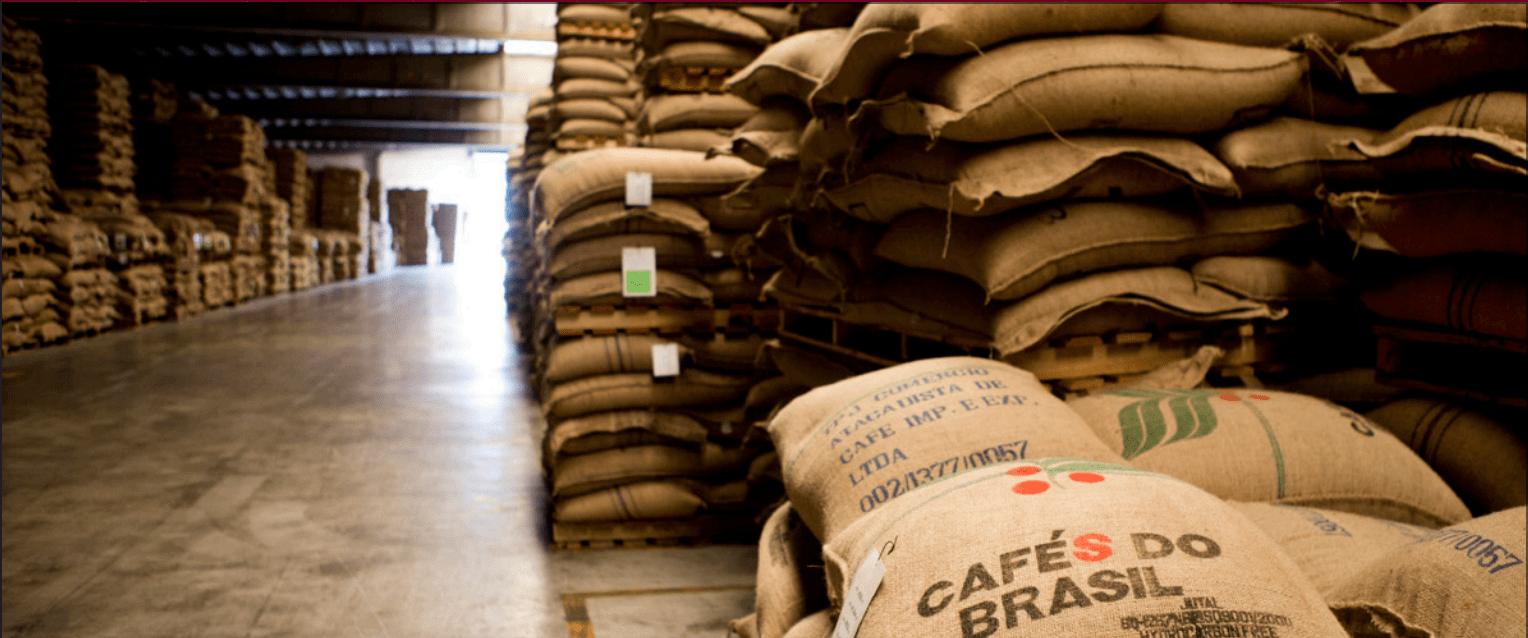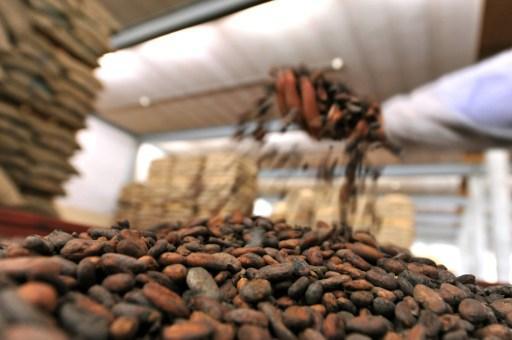Coffee drinkers are in for a rude awakening as the price of coffee beans narrowly fell short of a 10-year record on Tuesday.
The cost of arabica coffee beans for delivery in May closed at just under $2.47 per pound (€4.76/kg). Concerns about tight supplies due to weather conditions in Brazil – a significant Arabica growing region – and higher transport costs caused the price jump, Belga News Agency reports.
Companies such as Starbucks, Lavazza, Illy and Douwe Egberts all use arabica beans. The conditions creating today’s tight demand have been brewing for months. In response, coffee roasters drew down their arabica bean stock, hitting the lowest level in two decades. Some roasters started turning to cheaper robusta beans.
Related News
- Nestlé to launch new Starbucks products in Belgium
- World’s largest coffee stock is in the Port of Antwerp
In January, 18,000 tonnes of robusta coffee were shipped from Vietnam and Indonesia to warehouses in Antwerp, Amsterdam and London, Reuters reports.
Antwerp, interestingly, is home to the largest coffee storage facility in the world. At any given time, 250,000 tonnes of beans are stored at the port, waiting to be re-exported to other countries, mainly within the European Union.
In 2020, Italy produced 616,000 tones of roasted coffee, the most inside the EU. Germany produced 571,000 tonnes, France 149,000 tonnes, the Netherlands 134,000 tonnes, Spain 128,000 tonnes and Sweden 88,000 tonnes, according to market tracking firm International Communicaffe.

Coffee at the Port of Antwerp, the world's largest coffee re-exporter. Source: Port of Antwerp.
Some coffee traders started trimming transportation costs by packing large bags of beans into break-bulk ships. These vessels transport cargo typically too big to fit inside a standard metal shipping container. Coffee traders haven’t used break-bulk ships for years because of the increased risk of damage to the beans if it rains during loading and unloading.
Still, companies face increased costs for beans and pass these costs onto customers. For example, Starbucks Chief Executive Kevin Johnson said during a January conference call with analysts to expect the large user of Arabica beans to continue raising prices.
However, industry watchers don't expect coffee prices to remain high. As production in Brazil recovers from poor weather conditions, expect more Arabica beans on the market, says market research firm IndexBox.

